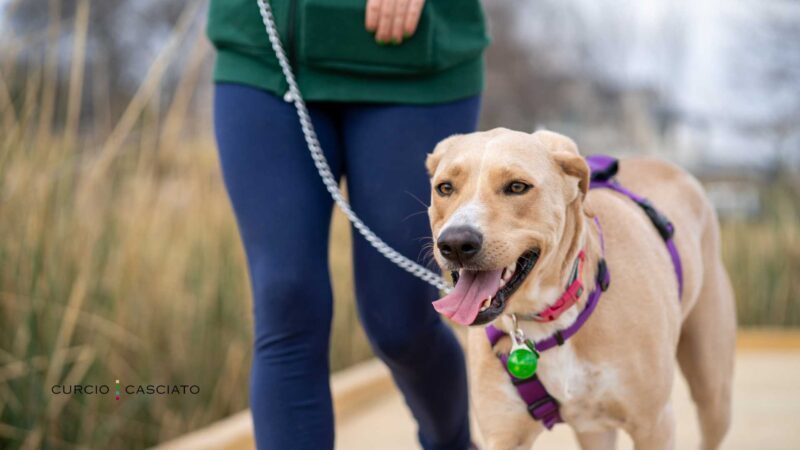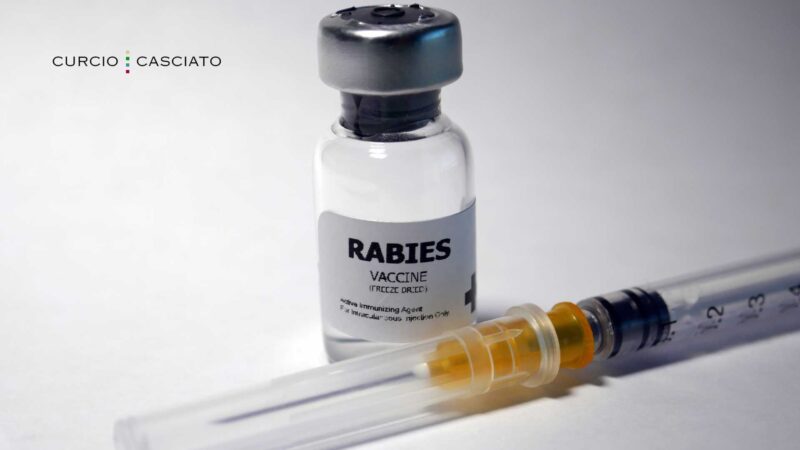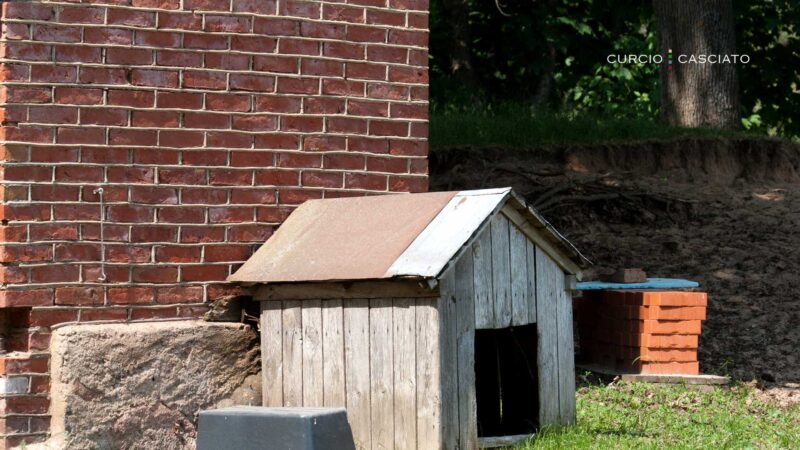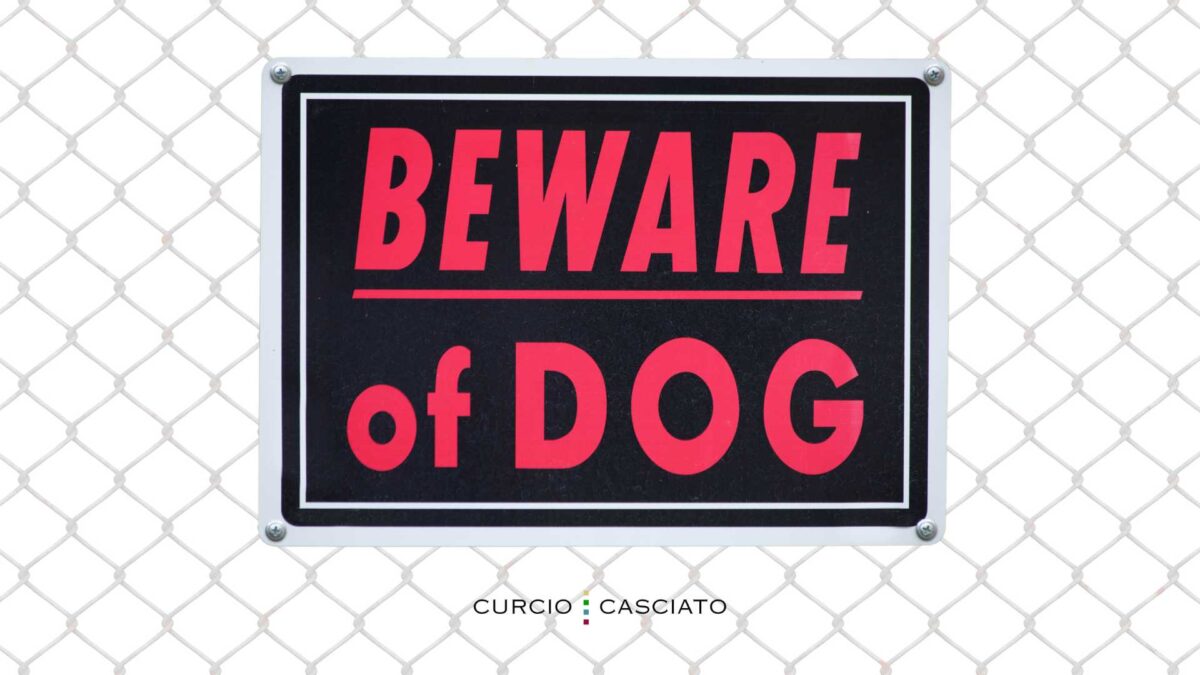What happens if your dog bites someone in Illinois depends on where the bite occurred, whether the victim provoked the dog, and whether the dog had a history of aggression. Illinois follows a strict liability rule, meaning owners are responsible for injuries in most cases, even without prior warning signs. Victims can file claims for medical bills, pain, emotional trauma, and lost income. A Chicago dog bite attorney can help you understand your legal exposure, navigate insurance issues, and protect your rights if a claim or lawsuit is filed.
Illinois Dog Bite Law
Illinois dog bite law applies strict liability to dog bites under the Animal Control Act. Owners are responsible for injuries their dog causes if the victim was lawfully present and did not provoke the animal. Victims do not need to prove negligence or a history of aggression. Liability covers medical bills, lost wages, and other damages related to the attack.
Strict Liability For Dog Bites Under The Illinois Animal Control Act
Under the Illinois Animal Control Act, dog owners are strictly liable when their dog bites or attacks a person who was lawfully present and did not provoke the animal. This means the victim does not need to prove negligence, intent, or prior knowledge of the dog’s behavior. As long as the criteria are met, the owner is automatically liable for resulting injuries and damages.
When Owners Are Responsible for Dog Bites
Dog owners in Illinois are legally responsible if their dog bites someone who was legally on public or private property and did not provoke the dog. Responsibility extends to injuries beyond bites, such as knockdowns or scratches, if the dog’s actions directly caused harm. Liability applies even if the dog had no previous history of aggression or violence.
Exceptions to Liability (Provocation and Trespassing)
There are two main exceptions under the Illinois dog bite law: provocation and trespassing. If the dog was provoked, either physically or verbally, or if the injured person was unlawfully present on private property, the owner may not be held liable. The burden is on the owner to prove one of these defenses in court.

What To Do After a Dog Bite in Illinois
After a dog bite, the victim should seek immediate medical attention, even if the wound seems minor. The victim should document the injury, collect contact information from the dog owner and any witnesses, and preserve their clothing or any damaged property involved in the dog attack. Prompt action helps protect the dog bite victim’s health and creates a record that can support a personal injury claim or insurance claim.
Report Dog Bites to Animal Control Within 24 Hours
Under Illinois law, a dog bite must be reported to the local health department or animal control within 24 hours by either the victim, their guardian, or the treating physician. This allows for the necessary rabies assessment and official documentation.
Do I Have to Notify My Homeowners or Renters Insurance Company After a Dog Bite?
Illinois law does not require dog owners to notify their insurers, but most homeowners’ insurance and renters’ insurance policies include dog bite liability coverage. You are contractually obligated under your insurance policy terms to report any event that may result in a claim, including dog bites. If you don’t notify your insurance company promptly, this can lead to an insurance claim denial or the insurer can choose to cancel your insurance policy.
Since Illinois enforces strict liability for dog bites, a legal claim may trigger the policy even if the dog had no prior history of aggression.
What Happens When You Report a Dog Bite to Animal Control in Illinois?
Once a dog bite is reported to animal control or the health department, authorities begin a formal investigation. The animal control administrator will notify the dog’s owner and arrange a 10-day observation period. Dogs cannot be moved, sold, or destroyed until this ends. The health agency uses bite reports to monitor public safety and assess rabies risk.
10-Day Mandatory Rabies Observation Period: At-Home Quarantine vs Licensed Facility
When your dog bites someone in Illinois, the dog must be examined by a veterinarian within 24 hours and confined for a period of ten days. If the dog is vaccinated and animal control approves, the dog may be quarantined at home under specified rules. If the dog is unvaccinated or animal control does not approve the dog for home quarantine, the dog must be held at a licensed facility. At the end of the 10-day period, the dog is re-examined, vaccinated for rabies if eligible, and microchipped at the expense of the dog’s owner.
What Will Animal Control Do About A Dog Bite in Illinois, and What They Look For
Animal control investigators collect information from the dog owner, the dog bite victim, and any witnesses. They verify if the dog has been vaccinated and inspect rabies records. In most dog bite cases, animal control looks for evidence of provocation, identifies the context of the bite, and investigates whether the dog has a history of aggression.
In some cases, animal control will evaluate the dog for classification as a ‘dangerous dog’ or ‘vicious dog’. Dog owners whose pets are deemed vicious or dangerous dogs will have added restrictions.
How Vaccination Records Affect Dog Bite Cases
Whether or not the dog has been vaccinated plays a key role in determining quarantine location and procedure. If a dog is fully vaccinated when it bites someone else, authorities may allow the dog to stay at home with its owner. Veterinarians will review clinical signs rather than requiring impoundment. If the dog is not vaccinated, the dog must be quarantined in a licensed facility, and the dog’s owner must pay fees and arrange vaccination only after the ten‑day observation is complete.
This is crucial because vaccination status will determine whether or not the victim needs extra treatment for dog bite infections in Illinois.

What Happens to the Dog’s Owner When Their Dog Bites Someone in Illinois?
If your dog bites someone in Illinois, you, as the dog’s owner, must pay any associated fees, including vet exams, microchipping, and fines. If your pet is deemed a vicious or dangerous dog, authorities may impose additional requirements or penalties under the Illinois Animal Control Act.
Dog Bite Lawsuits in Illinois
Illinois applies strict liability for dog attacks. If the victim was on the property legally and didn’t provoke the dog, the dog’s owner is automatically responsible for the victim’s injuries and financial losses, such as medical expenses, lost wages, pain and suffering, regardless of whether or not the dog has attacked before.
This means victims do not need to prove the dog’s owner was careless.
Dangerous or Vicious Dog Designation
If your dog bites someone in Illinois without provocation or otherwise poses a serious safety treat, it may be designated as a dangerous dog. If your dog is labeled dangerous, you must pay a $50 safety fine, have the dog fixed and microchipped within 14 days, and adhere to muzzle and leash restrictions.
A vicious dog incurs a $100 public safety fine, stricter requirements, a requirement to spay or neuter the dog, and microchipping requirement.
If the dog’s owner doesn’t comply, the dog will be impounded or euthanized.
Municipal Fines and Ordinance Violations
Some cities may enforce additional fines and regulations beyond Illinois law. For example, Chicago imposes fines from $300 up to $10,000 depending on the case’s severity if a dog bites or attacks.
Potential Criminal Charges for Repeat Offenses
If your dog bites someone in Illinois, and you repeatedly violate the provisions required of you, you could face criminal charges.
A first-time violation is considered a Class A misdemeanor, while subsequent offenses may escalate to a Class 4 felony under Illinois dog owner laws. Consequences can include jail time, probation, or additional fines. These criminal provisions reinforce the importance of compliance with reporting, quarantine, and containment rules.
What Happens If Your Dog Bites a Child in Illinois?
If your dog bites a child in Illinois, you, as the dog’s owner, are strictly liable. The Illinois Animal Control Act holds up in court, even if the dog has no history of aggression and no negligence occurred.
If the child was legally present and did not provoke the dog, the owner is responsible for all resulting injuries and damages, including medical expenses, emotional trauma, and potential long-term treatment.
If a child is bitten while trespassing in Illinois, you may not be held liable, but this defense is not automatic. Strict liability generally does not apply if the victim was trespassing. However, the attractive nuisance doctrine in Illinois applies in cases involving young children, particularly those who are too young to understand the concept of trespass. If the child was of “tender years” (generally under 7 years old, but this isn’t a standard), a dog owner might still be found responsible if there were conditions that could be seen as “attractive” to the child who was trespassing. An unfenced yard and a visible pet certainly qualify as an attractive nuisance.
A children’s injury lawyer in Chicago can evaluate whether the child’s status as a trespasser actually bars recovery or whether liability can still be established under negligence or premises liability theories.
Children are especially vulnerable to trauma from dog bites, and state courts often award compensation for extended care and parental lost wages.
Insurance Claims if Your Dog Bites Someone Else in Illinois
If your dog bites someone in Illinois, you can file a claim with your homeowners’ or renters’ insurance company if you have personal liability coverage on your insurance policy. Most insurance policies will cover the victim’s medical bills, legal expenses, and damages up to the liability limit, which typically ranges from $100,000-$300,000. In Illinois, dog bite claims are extremely costly, so your insurer will investigate themselves. They will often require documentation of training, any potential provocation, and prior behavior to process the dog bite insurance claim
Does Homeowners Insurance Cover Dog Bites in Illinois?
Yes, homeowners’ insurance usually covers dog bites in Illinois, even if your dog bit someone else outside of the insured property. Illinois law prohibits insurers from using the dog’s breed alone to deny or restrict insurance coverage. If your insurance policy includes personal liability, it will typically pay for valid dog bite claims.
What Happens if You Don’t Have Insurance and Your Dog Bites Someone Else in Illinois?
If you do not carry liability insurance and your dog bites someone else in Illinois, you, as the dog’s owner, will be held personally responsible for paying for the victim’s losses. If you don’t carry insurance, the victim can sue you for medical expenses, lost income, pain and suffering, and future damages.
If the victims sue you, obtain a judgment (court-ordered legal debt), and you cannot pay them, your assets are at risk. Without insurance, there isn’t a company to defend you or cover legal fees or potential settlement costs, so you are exposed to the full financial liability in that case.

How a Chicago Dog Bite Attorney Can Help
A Chicago dog bite attorney can help you take legal action after a serious bite wound, guiding you through every step of your injury claim. Our personal injury lawyers in Chicago, Illinois, work to secure full financial compensation for care costs, including visits to a doctor to treat injuries to the head, arms, or legs caused by a dog’s teeth.
We investigate whether the dog was sick, unvaccinated, or previously reported, and handle all communication with insurance. Call 312-321-1111 or contact us online for a free consultation and experienced help with your dog bite case.
